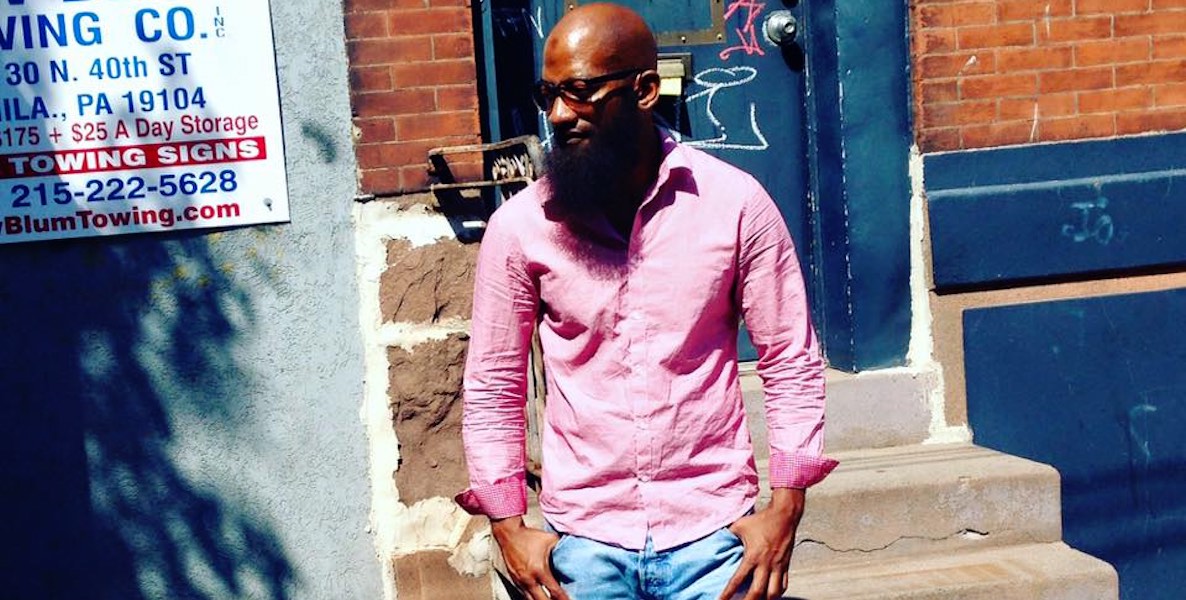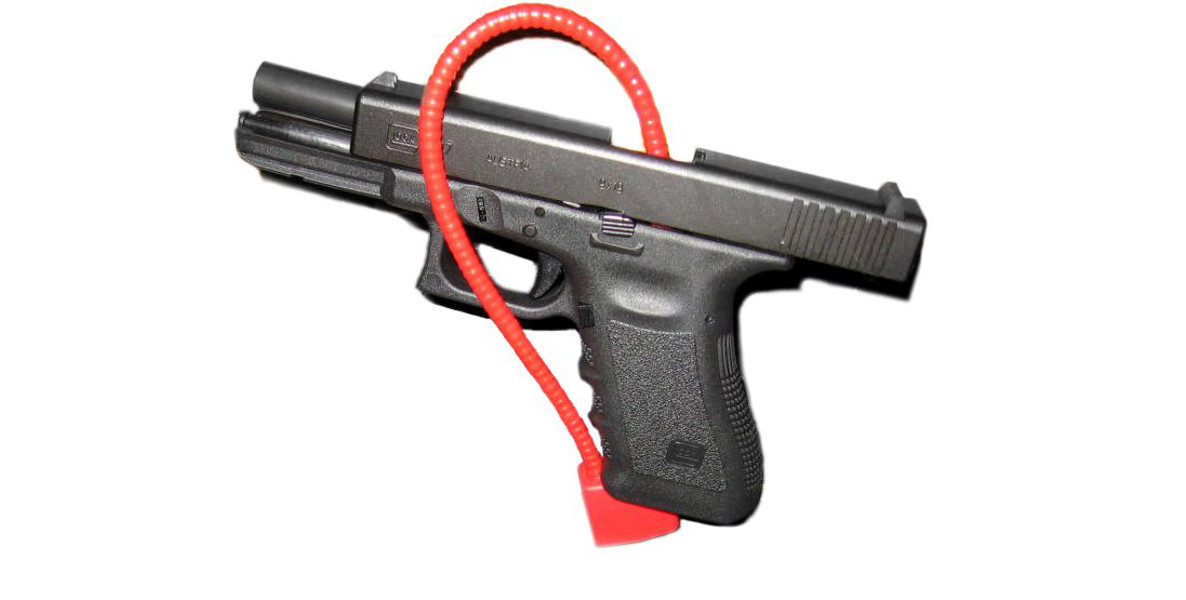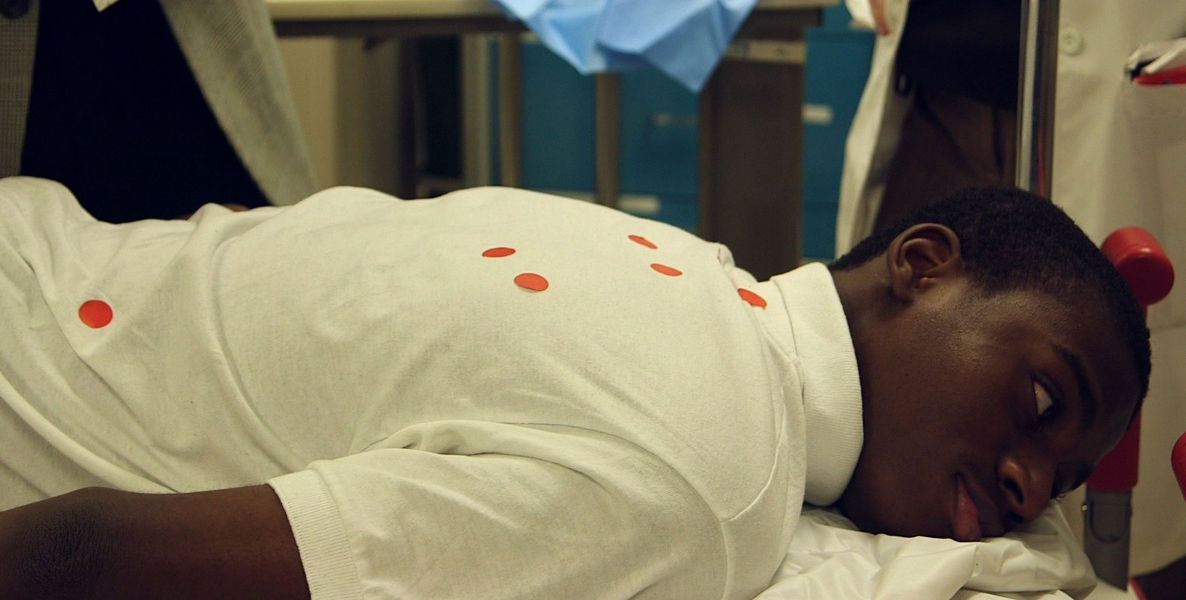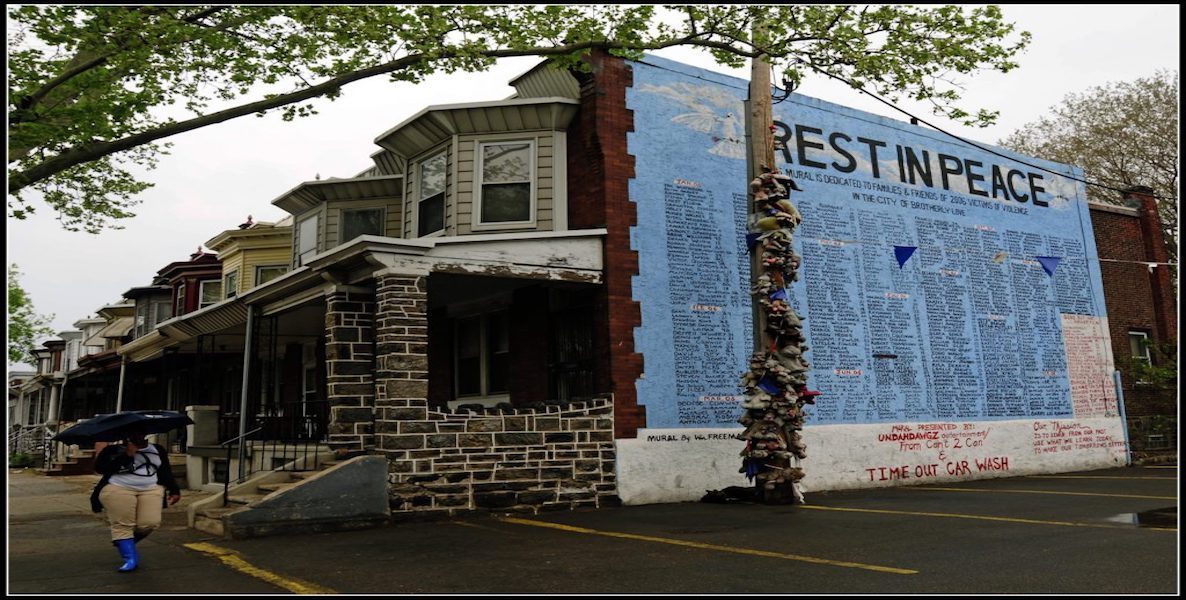Since the random stabbing of Councilman David Oh outside of his Southwest Philly home last week, there was much grumbling from WURD listeners who watched his City Council colleagues respond with swift press conference action to express a mix of shock, outrage and concern.
Suddenly, to the listening audience, city policy makers and “mainstream” media seemed so concerned about violent crime and homicides in Philadelphia.
No one in the Reality Check listening audience had any beef with Councilman Oh. Nor was there any dismissiveness of his predicament; in fact, everyone sincerely wished him a speedy recovery. But what listeners didn’t care for were the optics, a sense that despite an ongoing rising violent crime trend, particularly in the city’s more challenged and impoverished hoods, it took one of their own being affected by it before lawmakers sprang into action.
A poorer choice of words flowed from City Council President Darrell Clarke when dropping, “All lives matter” during a hastily convened presser of Councilmembers showing unity (that phrase typically shunned as a no-no for black politicians or public figures due to how it’s used in volatile contrast to Black Lives Matter). “Every Philadelphian’s life matters in this city,” Clarke said. “It is no longer OK to say the violence and the numbers in terms of homicide are under 300 and we act like that’s OK. That’s not OK.”
One could make the argument that they show more care about mass-murdering terrorism incidents a few thousand miles away than mass-shootings just several miles away in North Philly. The Mayor released a statement on the grisly Manchester, England, bombing, but didn’t publicly console anxious Philly citizens after mass shootings at home.
Philadelphia Mayor Jim Kenney’s office also chimed in with its own statement: “Whenever violence happens on our streets, it is a terrible tragedy. When it happens near our homes, where we are supposed to feel safe, it is all the more devastating.”
The problem is not so much in the motivations. It’s that politicians just can’t seem to shake those perceptions: Clarke nor Kenney nor much of the city’s political elite ever seemed so concerned about violence in the city until it hit one of them. An outpouring of emotion from city pols cascaded from statements and open prayers after the city had long suffered a rate of homicides 20 percent higher than what it was this time last year. Unmoved for months by constant violence in the city, conducting Council business as usual, the City Council went extra and announced a Special Committee on Gun Violence Prevention.
Once again, perception: That idea never came up after 10 people were shot during a Strawberry Mansion block party in May. Neither did anyone, particularly the Mayor and City Police Commissioner, hold emergency pressers to propose any new increases in public safety support for weary communities after 21 were shot, four fatally, during a violent string of Easter Weekend days in April.
And, even when Councilman Kenyatta Johnson held his heartfelt National Gun Violence Awareness Day rally outside City Hall, it was hard to avoid how it looked so closely timed just 48 hours after the Oh incident—even though it had been scheduled weeks prior. Johnson had long been vocal about gun violence in the city, creating advocacy group Peace Not Guns in memory of his fatally shot cousin and is well known for his public safety stands. “The death of my cousin never gets easier on me, my family or my friends, and I’m sick and tired of being sick and tired of going to funerals,” said Johnson that day.
Unmoved for months by constant violence in the city, conducting Council business as usual, the City Council went extra and announced a Special Committee on Gun Violence Prevention.
Throughout the week, Reality Check callers occasionally fumed about what resembled preferential treatment of Oh’s incident over the daily struggles of Philly neighborhoods gripped by gun violence. Both media and political communities were blamed. There is always a general view that policymakers in crime-challenged urban centers care little about tragic gun violence when it’s snuffing out black lives.
There are any number of explanations for that; random people in poor neighborhoods just don’t have the kind of name recognition that a local elected official does. Which gets to a value-of-life question. Another explanation is a nervousness, on the part of city leadership, to ring too many alarm bells when the city is attempting a social, economic and cultural re-birth—you really don’t want to scare away new residents, businesses and tourists.
The other explanation is implicit bias and quiet bigotry inside white-run news organizations and political institutions. One could make the argument that they show more care about mass-murdering terrorism incidents a few thousand miles away than mass-shootings just several miles away in North Philly. And that’s exactly what happened: The Mayor released a statement on the grisly Manchester, England, bombing, but didn’t publicly console anxious Philly citizens after mass shootings at home. But, if you were Mayor, would you raise any alarms about a wave of violent crime in your city about a week before the NFL draft? It’s a tricky balancing act.
Not to say the Mayor or City Council doesn’t care about violence in the city or about the victims of violent crime. Of course, they do. But, the city’s leaders can’t keep wishing the violence will just go away sometime soon (a rather unrealistic proposition as we head into hot summer months full of idle out-of-school young people and houses without AC). Politicians and various public servants should have learned by now that responses and reactions should be carefully mulled and tailored in such a way that’s considerate of all citizen anxieties, frustrations and fears. This conversation about which victim gets more play and press is quite an old one. People, even those you might wrongly think are too black or too poor to notice, do keep score on these things.
Charles D. Ellison is Executive Producer and Host of “Reality Check,” which airs Monday-Thursday, 4-7 p.m. on WURD Radio (96.1FM/900AM). Check out The Citizen’s weekly segment on his show every Tuesday at 6 p.m. Ellison is also Principal of B|E Strategy, the Washington Correspondent for The Philadelphia Tribune and Contributing Politics Editor to TheRoot.com. Catch him if you can @ellisonreport on Twitter.
Header photo: Mural created by Michael "OG Law" Ta'bon and Michael Dunbar to commemorate the 406 homicide victims in Philly in 2008. Tony Fischer, via Flickr





